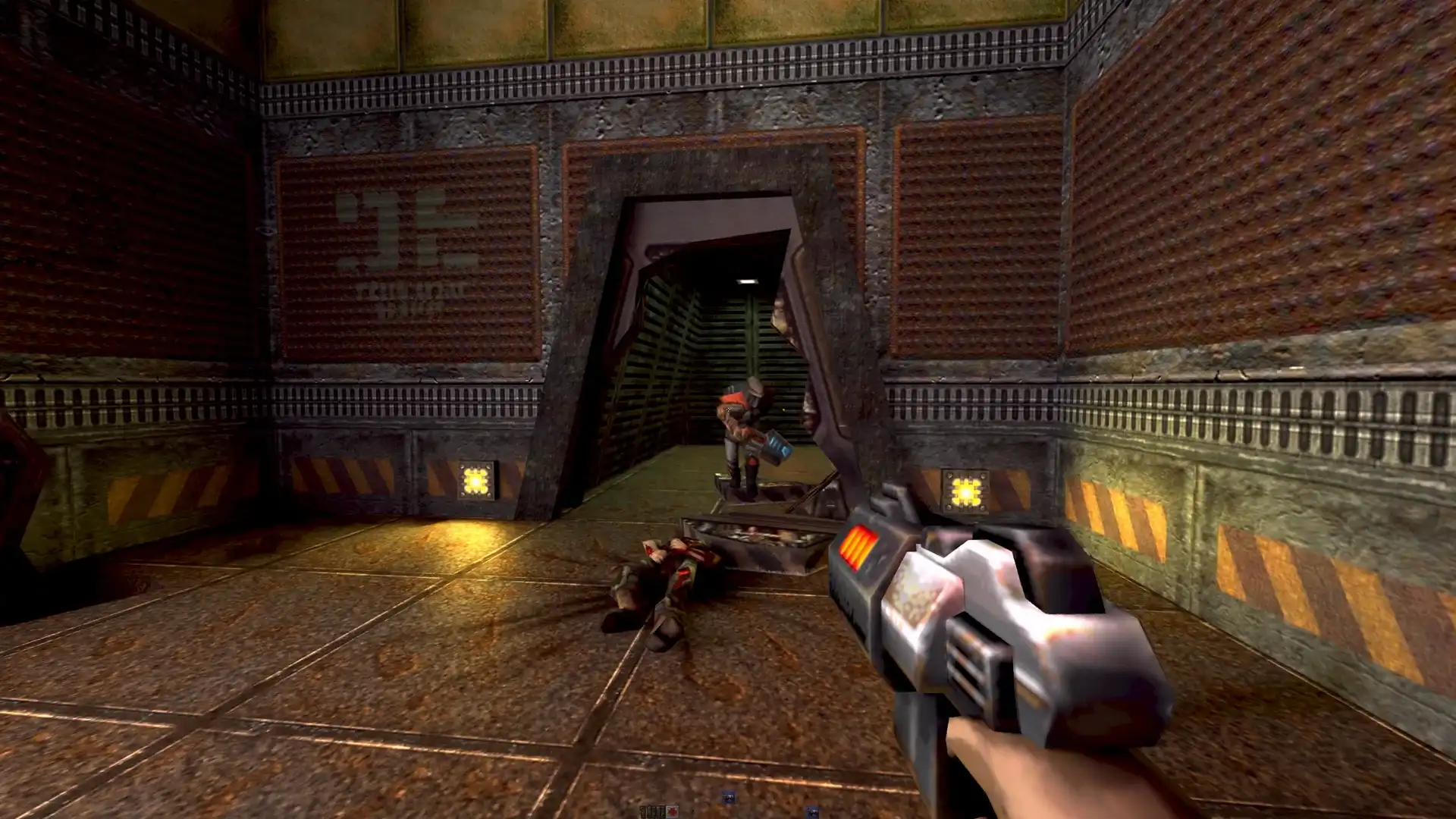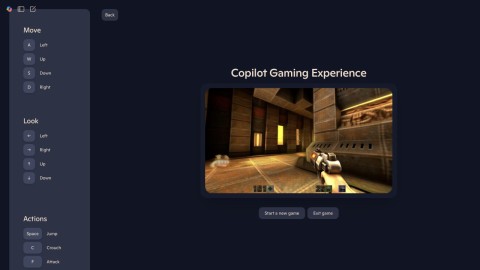Microsoft Unveils AI Version of Quake II — Shooter Generated by Neural Network in Real Time

Microsoft has unveiled an experimental version of Quake II, in which the gameplay and visuals are created on the fly by the Muse neural network, without pre-loaded textures and levels. The updated technology is already available as a demo version, which can be tested via the Copilot website (if you have access from supported countries).

The new Muse system uses the WHAMM (World and Human Action MaskGIT Model) architecture, an improved version of the previous WHAM model. It allows the AI to independently “draw” frames and dynamically generate gameplay depending on the player’s actions. Now the neural network only needed a week of training, while the basic version required about seven years of gameplay data.

Compared to the previous iteration, the frame rate has increased from 1 to 10 fps, and the resolution from 300×180 to 640×360 pixels, which makes the demo noticeably more realistic and playable.

Despite the technological breakthrough, the system is still far from a full-fledged gaming experience. For example, the context duration is limited to 0.9 seconds, after which the objects disappear. Also, enemies may not be displayed correctly, and the model itself only reproduces one trained level from Quake II.
One of Microsoft's long-term plans is to use Muse to create remasters of classic games. However, the technology is still in its early stages and needs to be improved.

The new Muse system uses the WHAMM (World and Human Action MaskGIT Model) architecture, an improved version of the previous WHAM model. It allows the AI to independently “draw” frames and dynamically generate gameplay depending on the player’s actions. Now the neural network only needed a week of training, while the basic version required about seven years of gameplay data.

Compared to the previous iteration, the frame rate has increased from 1 to 10 fps, and the resolution from 300×180 to 640×360 pixels, which makes the demo noticeably more realistic and playable.

Despite the technological breakthrough, the system is still far from a full-fledged gaming experience. For example, the context duration is limited to 0.9 seconds, after which the objects disappear. Also, enemies may not be displayed correctly, and the model itself only reproduces one trained level from Quake II.
One of Microsoft's long-term plans is to use Muse to create remasters of classic games. However, the technology is still in its early stages and needs to be improved.





There are no comments yet :(